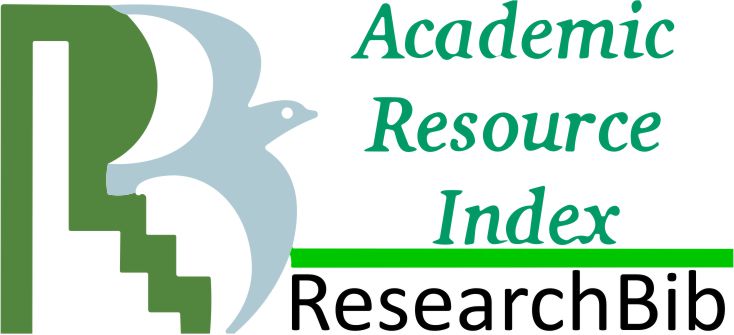DOI
10.21002/jaki.2009.11
Abstract
Income tax could provide insights into the effectiveness o f tax policy and the role o f accounting. This paper examines the Indonesia income tax gap by focusing on accounts o f taxpayer ’s income statements frequently adjusted by tax auditors. The study also examines the reasons for these tax audit adjustments. This paper finds that the tax non-compliance can be traced into some accounts which are: 1) general and administrative costs; 2) COGS; and 3) sales. This study reveals that the main reason of the tax adjustments is due to the lack o f evidence or supporting documents. The other reasons are inadequate tax knowledge o f the taxpayers, the specific method o f tax audit which leads to different tax payable amounts according to the auditors, the absence o f arm ’s length transactions, and no proper book keeping by the tax payer. In addition, this paper finds the relationship between the taxable income difference and two factors, i.e. company’s turnover and type o f industry (manufacture/non-manufacture). The results of this study bring implications for the tax policy improvement in Indonesia and the harmonisation between tax regulations and accounting standards; and these would be the main contribution o f this study.
Recommended Citation
Nuryanah, Siti and Christine, Christine
(2009)
"INCOME TAX GAP: KAJIAN DESKRIPTIF DAN EMPIRIS ATAS KOREKSI PAJAK DI INDONESIA,"
Jurnal Akuntansi dan Keuangan Indonesia: Vol. 6:
No.
2, Article 5.
DOI: 10.21002/jaki.2009.11
Available at:
https://scholarhub.ui.ac.id/jaki/vol6/iss2/5












